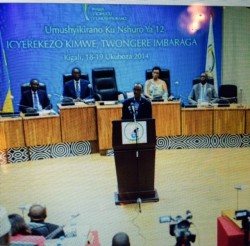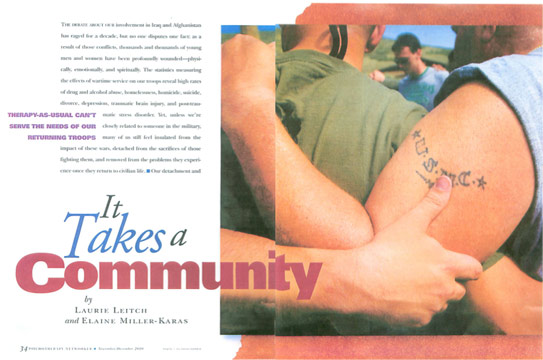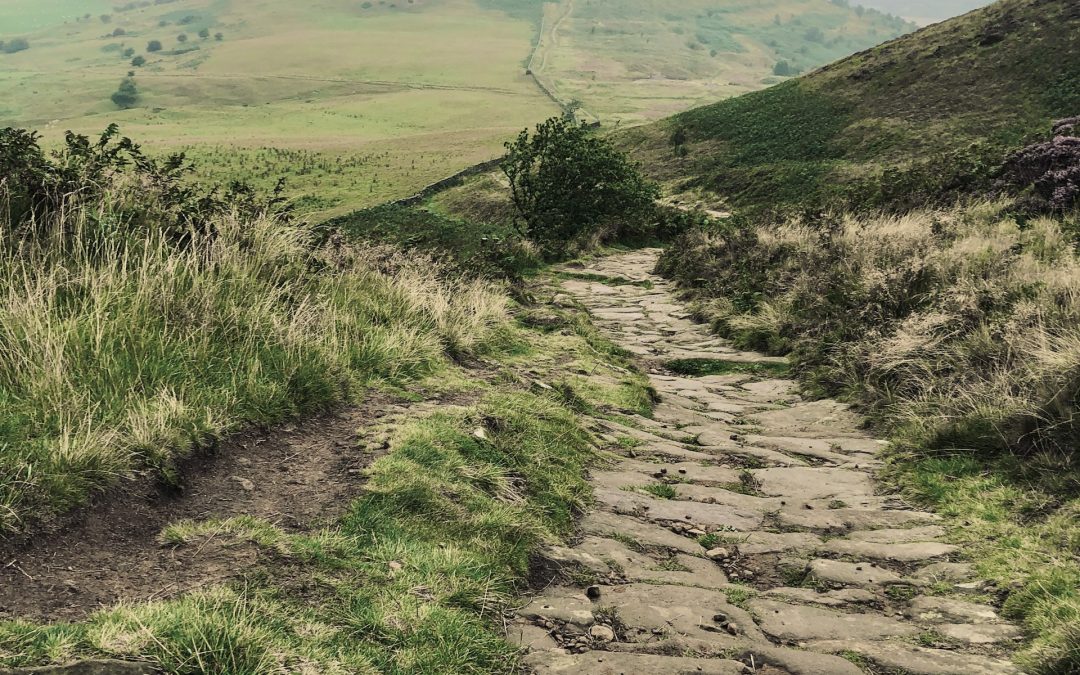The photo shows the President of Rwanda, Paul Kigame, speaking at the Twelfth National Dialogue  (called the 2014 Umushyikirano) on 11/11/15. In his remarks he highlighted the country’s intention to “tackle trauma cases related to the Genocide Against Tutsis.” Our Peacebuilder Project is a contribution to this goal and is now embarking on the data collection phase.
(called the 2014 Umushyikirano) on 11/11/15. In his remarks he highlighted the country’s intention to “tackle trauma cases related to the Genocide Against Tutsis.” Our Peacebuilder Project is a contribution to this goal and is now embarking on the data collection phase.
We have been given permission by the Rwanda Correctional Service, Office of the Commissioner General to go into three of Rwanda’s prisons and gather data from 300 genocide perpetrators who will be released from prison in the next 18 months to 2 years. In May 2015 we met with prison officials and trained 8 data collectors who are affiliated with the Association of Rwanda Trauma Counselors (ARTC) and the Rwanda Center for Council (RCC). We worked in Gasabo Prison with prisoners who helped us refine both our data collection process and the survey instruments.
The data collection collaboration between Threshold GlobalWorks, John Jay College of Criminal Justice’s Prisoner Reentry Institute (PRI), and our two Rwandan partners, ARCT and RCC brings together expertise on prisoner reentry, trauma and resilience, and cultural sensitivity and context. In early November 2015 we received approval from the Institutional Review Board that all of our human subjects protections are in place. The data collection will be initiated in mid-January. Included will be a focus on both symptoms as well as strengths of the prisoners, attitudes about re-entry and reconciliation, and open-ended questions about the hopes and fears of re-entry as well as information on support systems.
There is a growing body of research (including neuroscience research) that highlights the vital importance of social support in helping promote a sense of safety, collaboration, and principled behavior. Our goal is to develop rich descriptive profiles of the needs, vulnerabilities, and strengths of the prisoners that can be a guide in building community-based programs that foster positive re-entry. In interviews with prisoners in May 2015 we heard some say that they were afraid to leave prison, fearing both the possibility of retaliation and isolation. The reentry of genocide perpetrators into their communities is a stream with many currents and our collaborative partnership hopes to be part of a strategy, informed by quantitative and qualitative data, that rebuild shattered relationships.
Once the data is analyzed we will return to Rwanda in early April 2016. At that time we will meet with Rwandan researchers, academicians, and genocide experts who will review the preliminary findings with us and share their perspectives on the interpretation of results and recommendations for weaving the results into program design and implementation.
In April we also plan to send teams of interviewers into several communities that will be receiving large numbers of former prisoners to meet with local people about their attitudes, hopes, and fears about re-entry. Information from prisoners and community members will help shape the intervention phase of the project.
We know more now than ever before about how to interrupt the terrible consequences of violence for both victims and perpetrators. Aggression is a social behavior and is best changed in a social setting. A major factor in breaking the momentum of violence is supporting and promoting communities that are perceived as safe and caring. Paul Kigame said in a speech last year, “We are all one people…there are not bad people, there are people who do bad things.” This is a mindset that offers hope for reconciliation and harmony.

